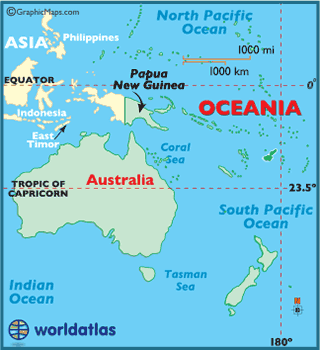Your tax dollars!
North Carolina is one of the country’s leading refugee resettlement states (and one of its leading illegal alien-populated states), here.
Also, in 2010, refugee contractors were criticized and shut-down by the State Department for poor handling of the large refugee load being placed there. Here is the third of three posts in which we chronicled the problems there.
Today’s post is about Carolina Refugee Resettlement Agency a subcontractor of the Hebrew Immigrant Aid Society. I’m guessing CRRA picked up more of the refugee load in NC after the Lutherans got the boot over in the Triad region of the state. However, this interview gives us a little idea of how the program is operating there now (after a long introduction to help set the mood for readers).
From WFAE-Charlotte and reporter Briana Duggan (No debate about refugees! Really?):

There’s a lot of debate surrounding immigration, but there is one kind of immigration that receives bipartisan support– that of refugees. More than 2,000 refugees resettled in North Carolina last year. We often hear about what refugees have to leave behind – war and persecution – but what is waiting for refugees when they get here?
I don’t know why a radio reporter is interviewing another reporter and not the resettlement agency itself, but here is the exchange I found interesting (emphasis is mine):
Briana Duggan joined Morning Edition Host Marshall Terry to talk more about refugee resettlement.
TERRY: Briana, we just met a family of refugees the moment they arrived. What are the next steps for refugees after they land?
DUGGAN: Well, a resettlement caseworker – like Rebecca in the story – signs them up for social services. So that’s food stamps, whatever cash or medical assistance they’re eligible for, enroll any children in school. [This made me laugh, remember Rand Paul said their job was to bring’em in and sign them up for welfare and took a lot of criticism for saying it, here—ed]
And then, there’s finding a job – with help from refugee resettlement agencies. There are two in Charlotte, and they told me it takes refugees around here about three to four months to find a job. [“Later, many refugees will find physical work, often at a poultry plant or greenhouse “(Duggan earlier in the article)—those meat packers again!—ed]
TERRY: And you said refugees get welcome money from the federal government. What does that pay for?
DUGGAN: Yeah, so the welcome money is about a $1,000 per person. And it’s meant to cover the basics while refugees are looking for those jobs. So rent, utilities, deposits, a bit of food. [The resettlement contractor actually gets $1850 per refugee with CRRA and HIAS taking their cuts—ed]
TERRY: A thousand dollars—for the three to four months it takes to get a job? That couldn’t cover rent alone.
DUGGAN: Right, but you have to remember that most refugees do arrive in families. So, for example- Khup Than Lun who was in my story – she came to the U.S. with a family of five, so that comes out to be $5,000. If they run out of money before they find a job, they’ll get welfare cash assistance. And it’s also important to note that many refugees come to Charlotte because they have family or close friends here. So they may live with their sponsors while they get on their feet.
TERRY: But what about those refugees that come alone?
DUGGAN: That is more complicated. It’s not all that common, but in that case, resettlement agencies have to dip into any donations or extra funds they may have. Agencies will sometimes group together single refugees from the same country to save on rent. But ultimately, it means that those single refugees will need to be quicker on their feet when they arrive to their new country.
Click here for our North Carolina archive.




 O.K. So what is so interesting about that?
O.K. So what is so interesting about that?